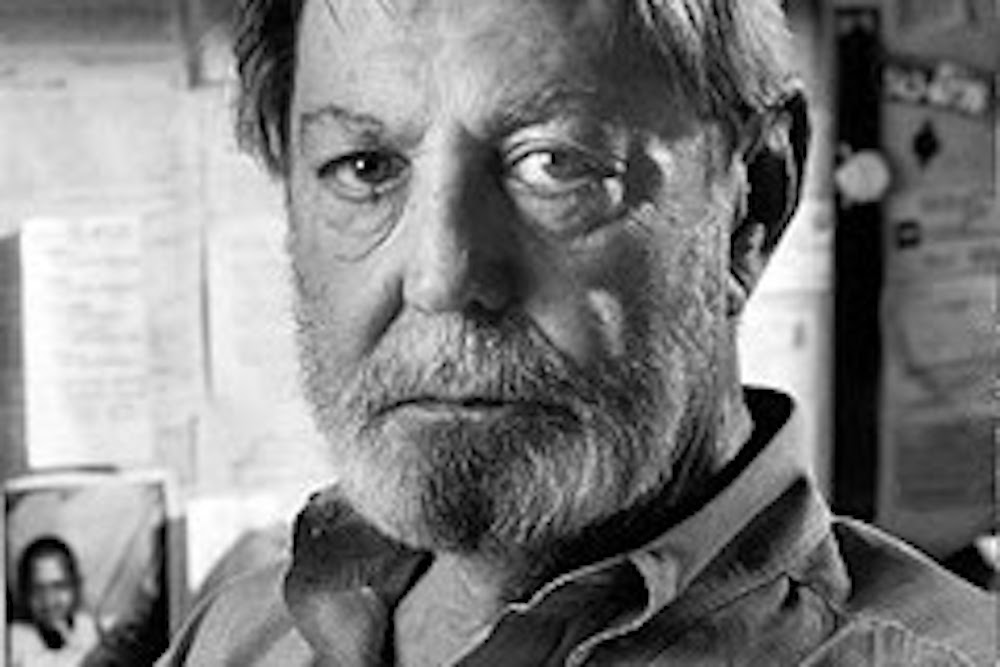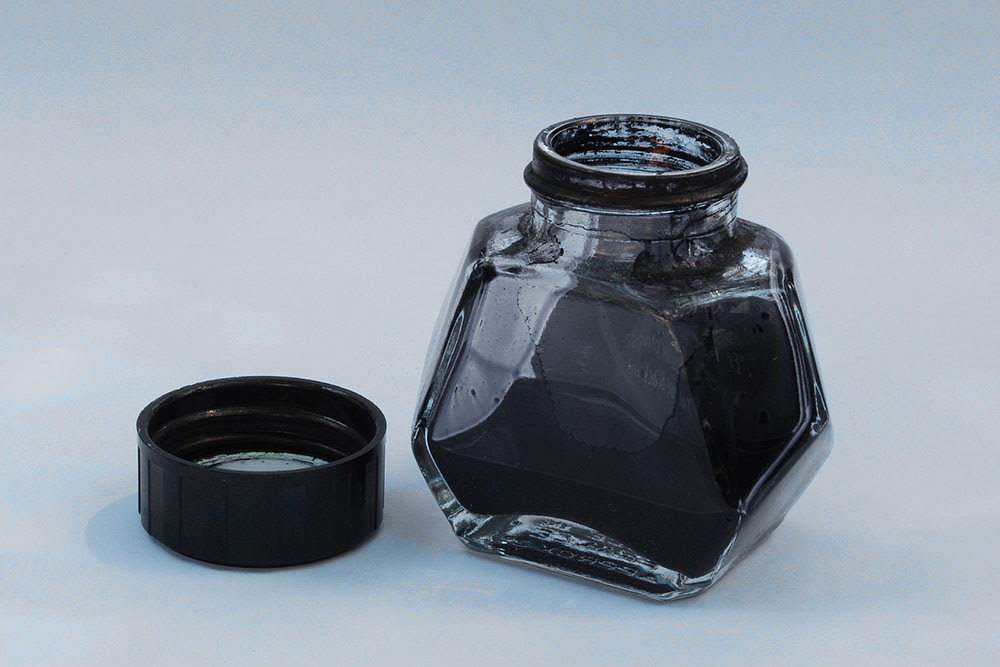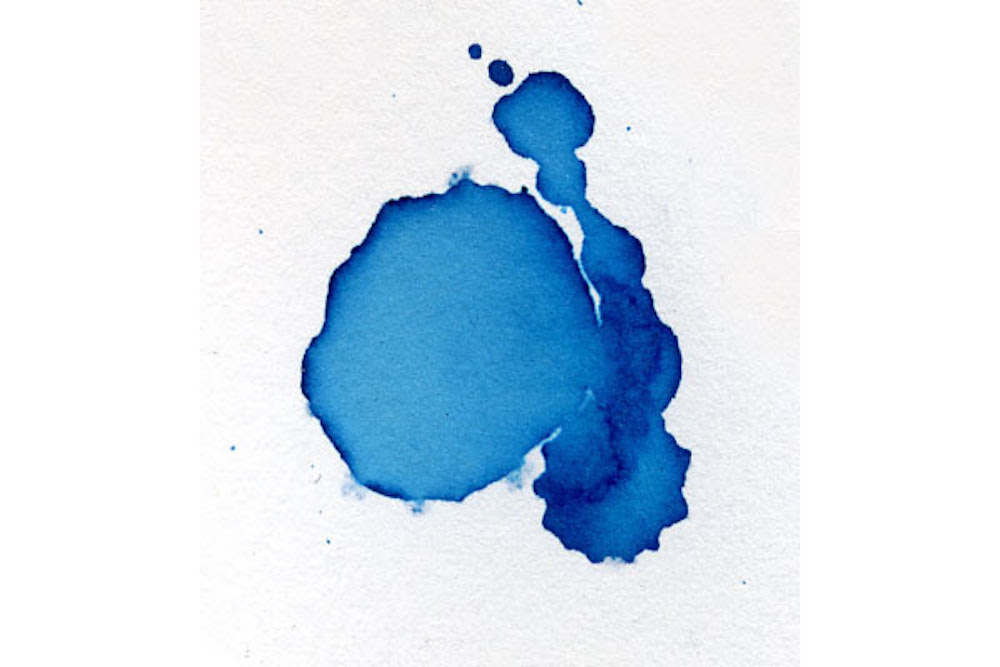Every week, the editors of The Paris Review lift the paywall on a selection of interviews, stories, poems, and more from the magazine’s archive. You can have these unlocked pieces delivered straight to your inbox every Sunday by signing up for the Redux newsletter.
This week at The Paris Review, we’re spilling ink. Read on for Shelby Foote’s Art of Fiction interview, A. S. Byatt’s short story “The Djinn in the Nightingale’s Eye,” and Jean Sénac’s poem “Young Deluge.”
If you enjoy these free interviews, stories, and poems, why not subscribe to The Paris Review? You’ll also get four new issues of the quarterly delivered straight to your door. Or, subscribe to our new bundle and receive Poets at Work for 25% off.
Shelby Foote, The Art of Fiction No. 158
Issue no. 151 (Summer 1999)
INTERVIEWER
What precisely is a blotter?
FOOTE
This is a blotter [pointing] and if you haven’t got one you’re up the creek. You use the blotter to keep the ink from being wet on the page. You put the blotter on top and blot the page. I was talking about blotters in an interview, what a hard time I had finding them, and I got a letter from a woman in Mississippi. She said, I have quite a lot of blotters I’ll be glad to send you. So I got blotters galore. Ink is another problem. I got a phone call from a man in Richmond, Virginia who had a good supply of ink in quart bottles. I got three quarts from him, so I’m in good shape on that.
The Djinn in the Nightingale’s Eye
By A. S. Byatt
Issue no. 133 (Winter 1994)
The phrase was, of course, not her own; she was, as I have said, a being of a secondary order. The phrase was John Milton’s, plucked from the air, or the circumambient language, at the height of his powers, to describe the beauty of the primordial coils of the insinuating serpent in the Paradise garden. Gillian Perholt remembered the very day these words had first coiled into shape and risen in beauty from the page, and struck at her, unsuspecting as Eve. There she was, sixteen years old, a golden-haired white virgin with vague blue eyes (she pictured herself so) and there on the ink-stained desk in the dust was the battered emerald-green book, ink-stained too, and second-hand, scribbled across and across by dutiful or impatient female fingers, and everywhere was a smell, still drily pungent, of hot ink and linoleum and dust if not ashes, and there he was, the creature, insolent and lovely before her …
Young Deluge
By Jean Sénac, translated by Mark Polizzotti
Issue no. 96 (Summer 1985)
Nothing.
About you I know only
the weight of a little ink in a bookseller’s stall
and the rumbling of
keg-laden trucks on a ramp.
(Curved wood and the dregs of
childhood you lead me to.
Oh, to know nothing.
— I’ll call your name when your thighs
in hurried strokes weigh blue on the poem
you dredge from my body.)
I’ll call your name …
If you enjoyed the above, don’t forget to subscribe! In addition to four print issues per year, you’ll also receive complete digital access to our sixty-eight years’ worth of archives. Or, subscribe to our new bundle and receive Poets at Work for 25% off.
from The Paris Review https://ift.tt/3uwVdcF



Comments
Post a Comment